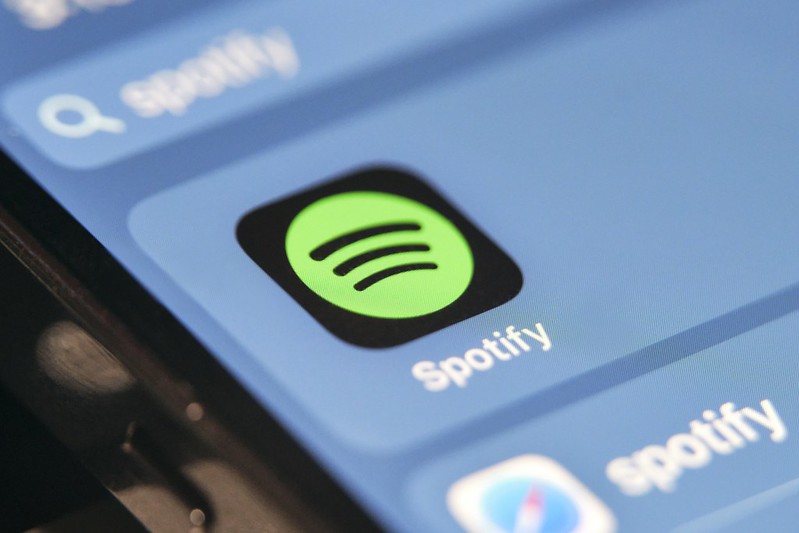AI-tunes: Is AI in the music industry a cause for concern?
The way mainstream media presents it, it would appear that AI taking over is a matter of when and not if. An AI uprising is imminent: the AI overlords are simply biding their time until they deem it appropriate to programme the complete destruction of humanity. I remain hopeful, however, that we are still at least a few years away from creating psychotic bloodthirsty robots who destroy humankind or, worst of all, take our jobs. So, whilst we sit tight and wait patiently for this uprising, there’s no harm done in utilising AI and advanced technology for good, which is especially key in a sector as fiercely competitive as the music industry, as AI may provide opportunities to level the playing field, ultimately making it easier to access this industry.
One of the most widespread issues when it comes to the sensitive topic of AI is that of it taking jobs. Whether this is simply a way to make attention-grabbing headlines or if it’s rooted in the genuine likelihood of this happening, I believe the music industry to be one sector that is relatively free from this prospect. When it comes to making music, creativity and originality are the key components to making a name for oneself and to be established as a successful artist. Now, AI may well have the ability to churn out vapid, eye-roll-inducing chord progressions endlessly, but when it comes to writing music as a form of self-expression, it appears that AI would be severely lacking in life experience that has allowed many all-time great albums to make profound waves in society. Do you think that Marvin Gaye’s politically charged concept album What’s Going On, with songs written as a reaction to police brutality and The Vietnam War, could be replicated with the same emotional plea by a robot?
It’s not as if AI will ever become a better musician than a human
AI was recently in the news for the controversial cloning of the voices of Drake and The Weeknd in the song ‘Heart on My Sleeve’, which was a song entirely made by AI amassing over 9 million listens on Spotify in only a few days. This contentious issue resulted in Spotify taking the song down after complaints from the artists’ record labels.
However, given the objectivity of music, it’s not as if AI will ever become a better musician than a human, in the same way that AI could, feasibly, become better at analysing data and creating Excel spreadsheets than John in Accounts. This is apparent in the case of ‘Heart on My Sleeve’ as the popularity of the song only comes from AI’s ability to try and mimic as closely as possible the talents of the artists. Without an actual metric to measure the skill of a musician (how many times have we seen award shows snub what was supposedly the ‘best’ album), it is incredibly unlikely that the music industry will end up in tatters as ex-musicians are forced to watch helplessly as record labels rake in eye-watering sums of money using the latest generation of the most musically adept robots.
Despite my condemnation of AI and the hope that it doesn’t infiltrate the music industry, there is certainly room for it to be used, albeit sparsely. ABBA’s recent Voyage tour has shown how creative use of AI in the form of holograms can allow for an exciting new dynamic in live shows. With touring making up a significant portion of artists’ income, holograms may not replace live shows altogether as many musicians love meeting fans who connect so strongly with their music. It does however offer a great alternative for those who struggle with the mentally and physically draining aspects of touring, or for older or retired musicians who may be unable to tour.
The excessive use of AI in the music industry is where, if any, danger lies
Furthermore, though the decline in physical sales as a result of increased streaming has accelerated the need to tour, it has consequently created more opportunities for new artists to release their music to a wider audience. With platforms like Apple Music, Spotify, and even YouTube, regardless of how they may treat the artists, it’s undeniable that thanks to the evolution of technology it has become rather easy to share your artistry with the world. This can only be beneficial for the music industry with frequently evolving platforms giving artists even more scope for growth and bringing more listeners a few clicks away from exciting new musicians. Take Spotify for example, the use of algorithms to make playlists is undeniably an excellent feature for tracking what you listen to and whipping up a ‘Discover Weekly’ or different ‘Mixes’ to help unearth amazing musicians previously unknown to the listener.
The excessive use of AI in the music industry is where, if any, danger lies. It’s an insult to hardworking talented artists to hear their voice used on songs that they are otherwise entirely unconnected to. As long as it is used sparingly and, crucially, with the artist’s consent, then AI should pose little threat to the future of the music industry and instead contribute to its growth, provided it is used as a tool to support rather than as an artist to be exploited.

Comments